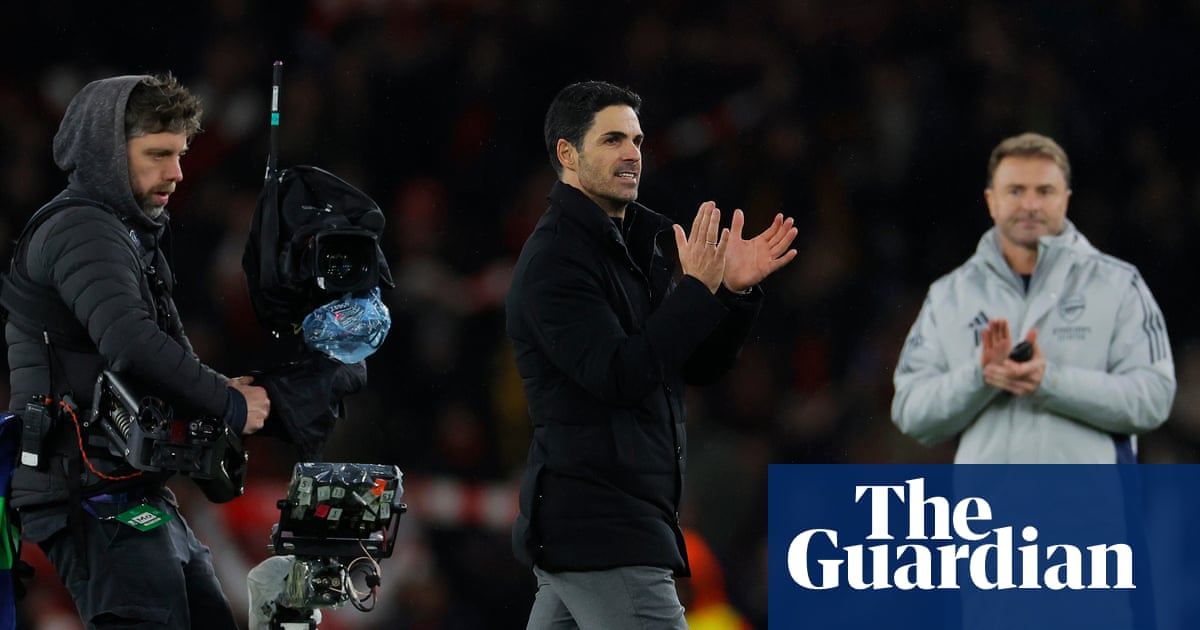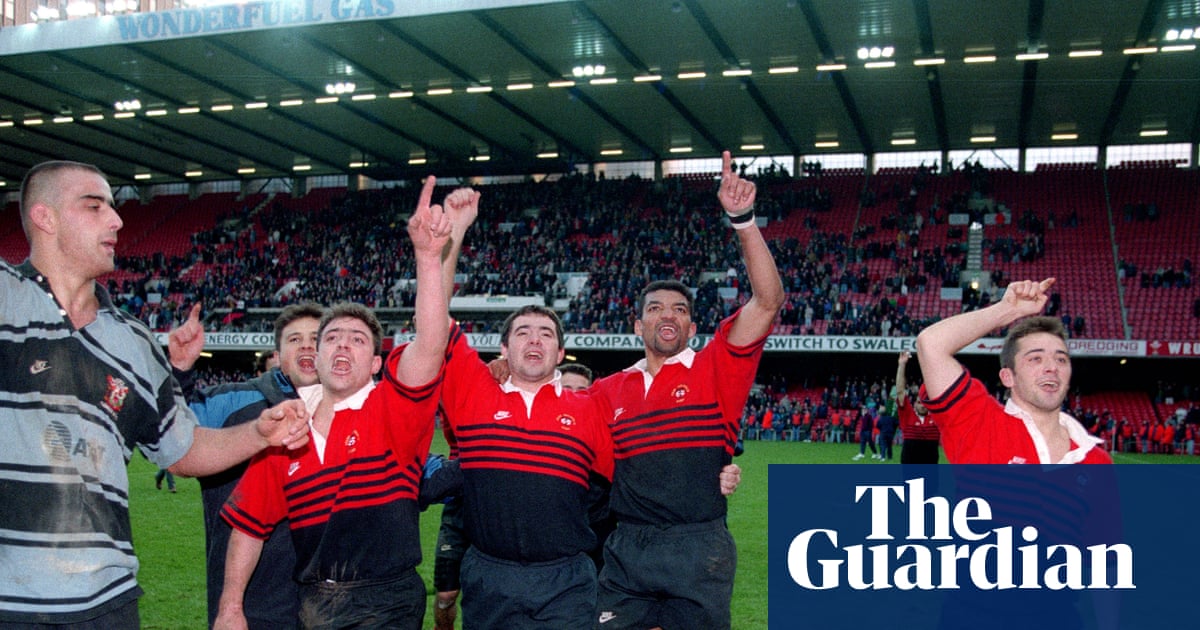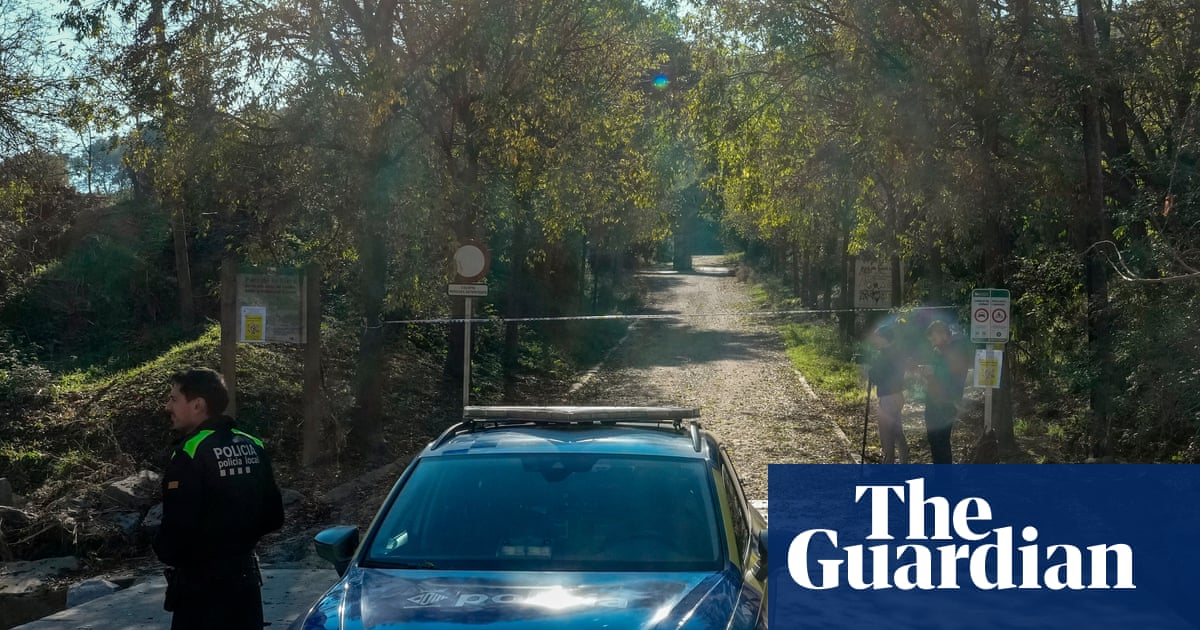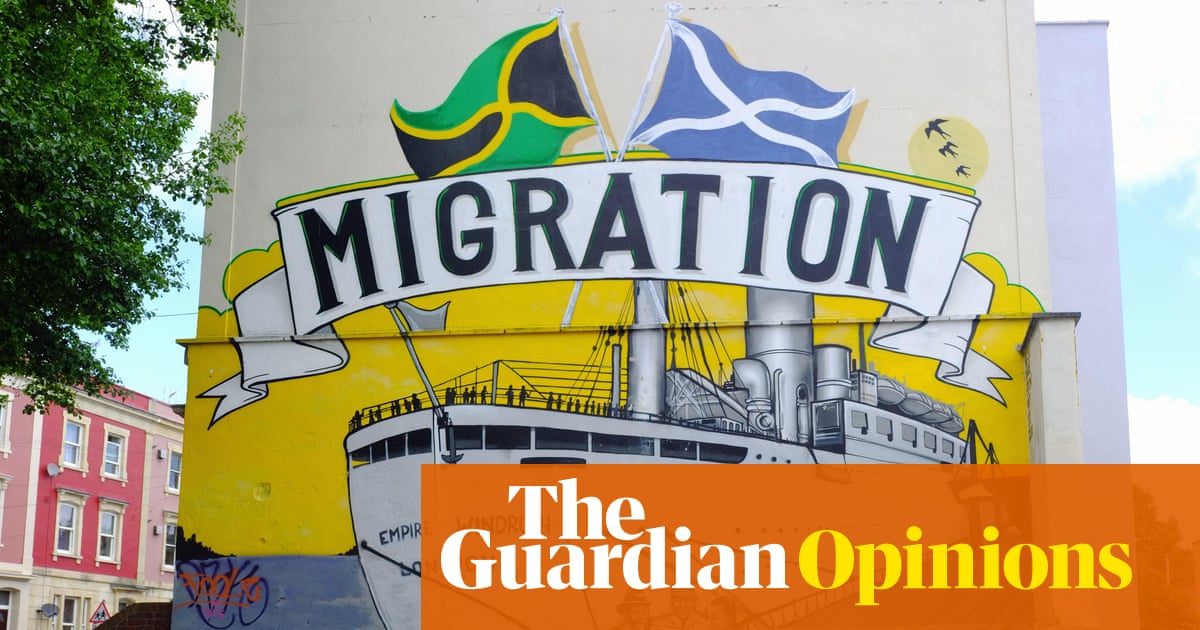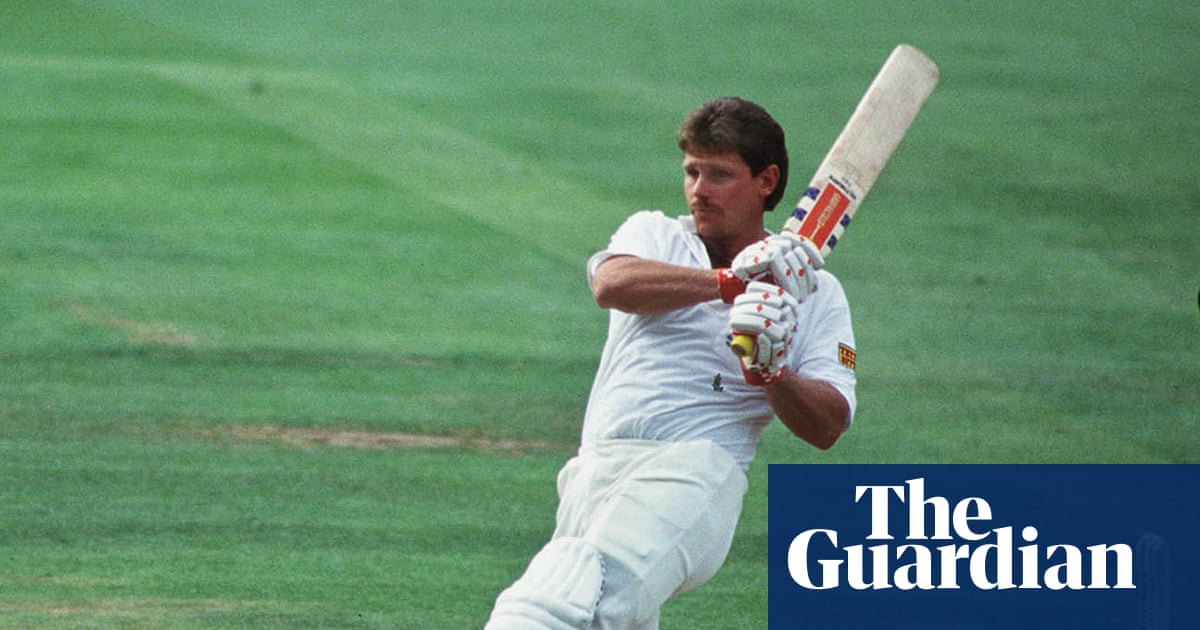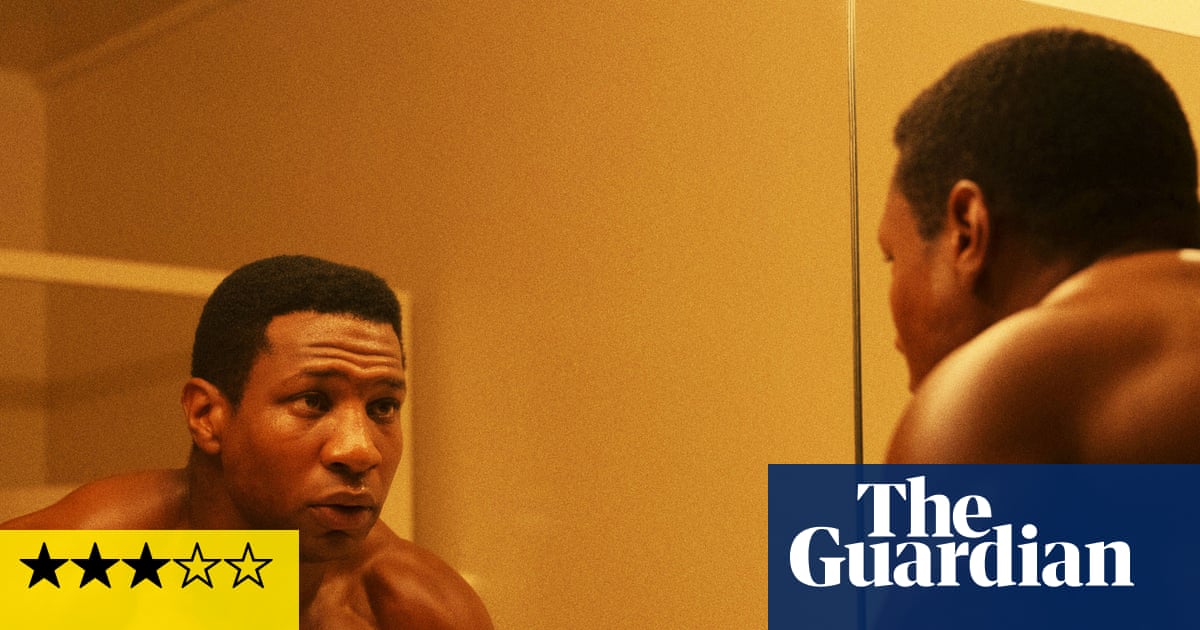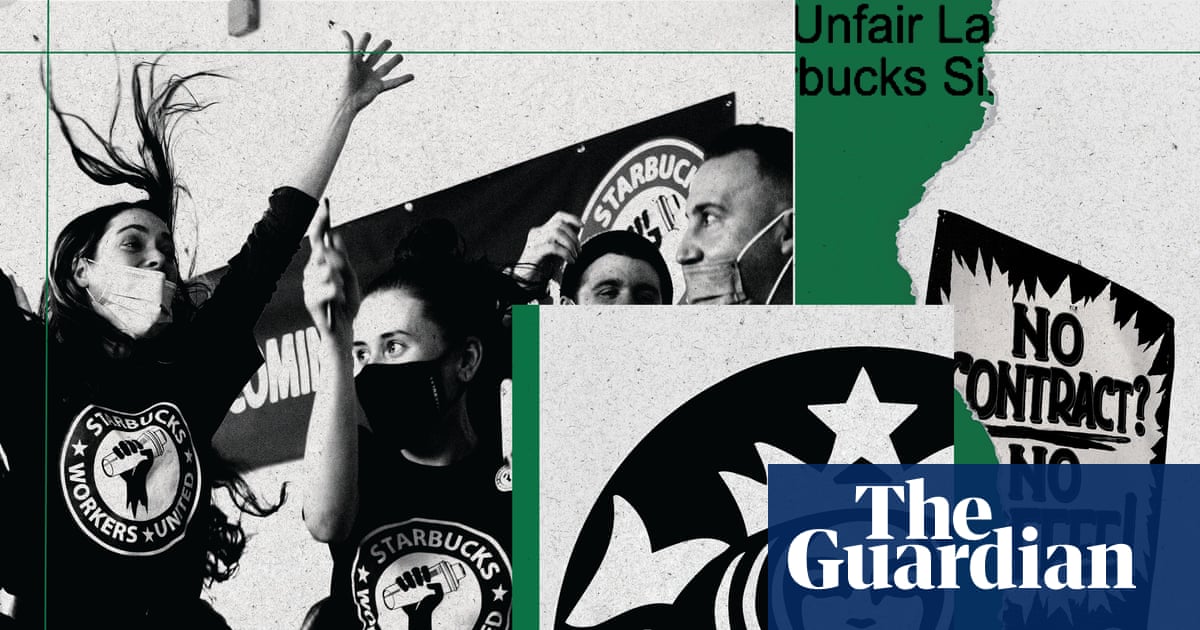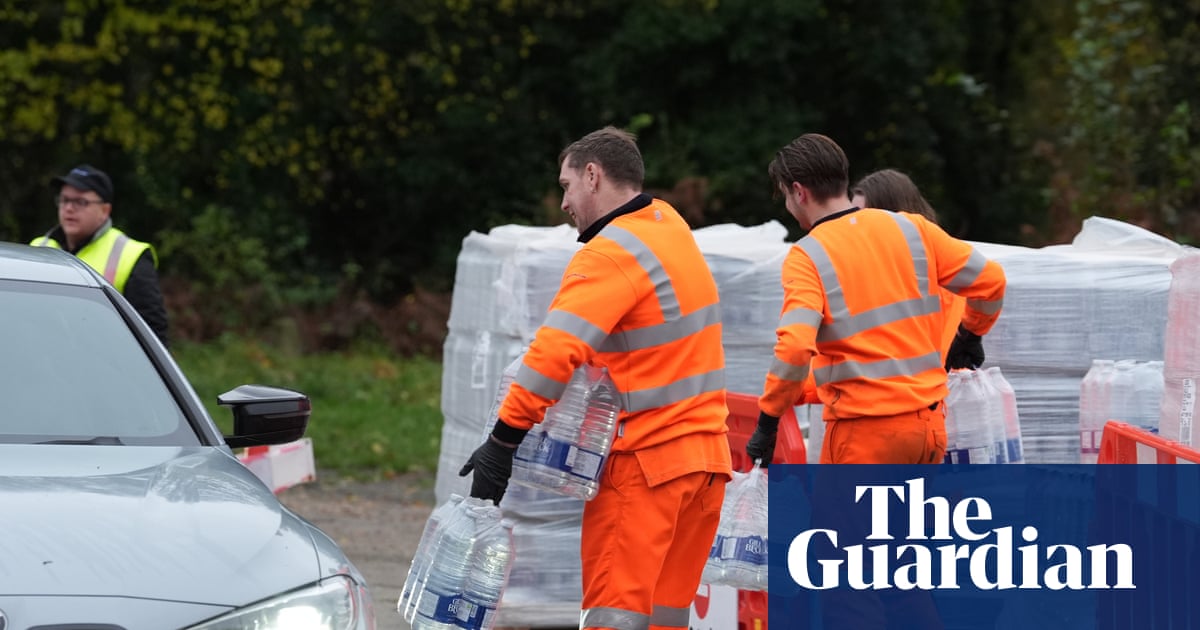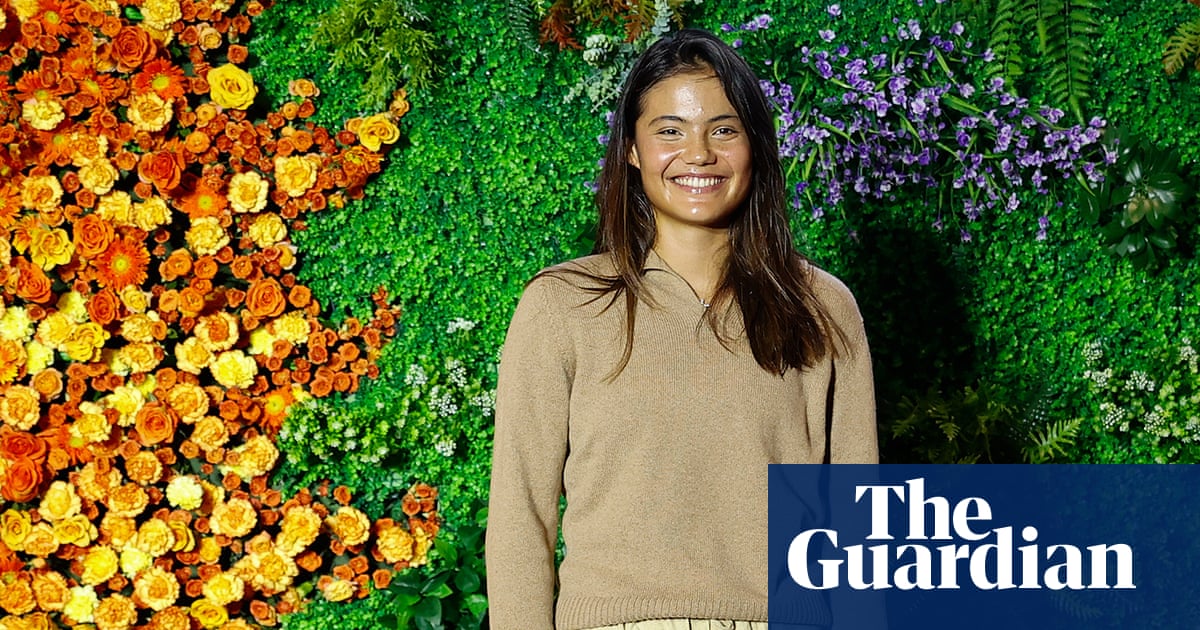When I first started chatting with Gina and Rachel, the founders of Ebony Bonds, I was braced for a painful conversation. Ebony Bonds, founded last year, supports Black families in the UK through bereavement after baby loss. What unfolded was a conversation that was mostly about how to show your love.
Rachel Burrell and Gina Reeves were inspired to found Ebony Bonds after experiencing the loss of their babies to stillbirth, and feeling unsupported and not listened to at hospitals and by other care providers. Unable to find the specific, tailored resources for support within conventional charities, the duo began with what they thought would be a small gathering.
In 2023, they put out the word for a “walk and talk” for Black parents with similar experiences, and were stunned by the turnout. More than 70 people showed up, including friends and extended families of parents. They all walked for miles together along the River Thames, then ate at a Caribbean restaurant. “We didn’t expect the turnout,” Rachel tells me. “And we didn’t expect people to say, consistently, ‘When is the next one?’” As they surveyed the numbers of people chatting and dining, Gina said to Rachel: “This is pretty big.” To which Rachel replied: “It’s needed, it’s needed.”
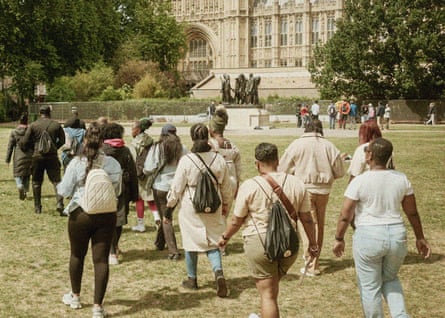
The demand was there because the support was not. Families “just never had a space before to express their loss freely, without judgment, without being moved on”, Rachel says. Most importantly, Gina and Rachel noticed “similarities in people’s stories, and how similarly Black people are being treated”.
For a lot of women, in particular, their help “was validation that they haven’t been going crazy. It wasn’t [just] them that felt the doctors were off, or the sonographers weren’t paying attention to them, or the nurses weren’t listening.” The group conversations were a “collective validation that this was happening to us disproportionately”.
Those feelings reflect the reality for Black parents. In England and Wales, Black babies are stillborn at almost double the rate of white babies, and Black women in the UK have drastically poorer maternal health outcomes compared with their white counterparts.
While we spoke, my own recollections of dismissive hospital treatment in the UK began to tingle. When I shared some of them with Gina and Rachel, there was again, that validation. Rachel describes these experiences as repetitive. “The leading factor,” she says, “is that you’re not being listened to.”
Extending nurture
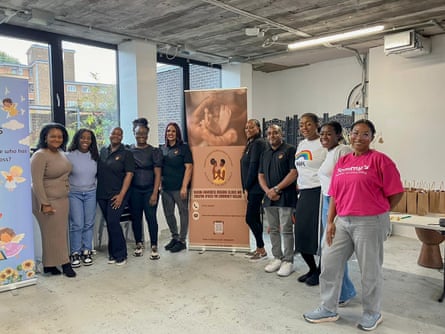
I ask the two founders about how they help wider families and friend groups to help parents. “It’s such a stigma where we don’t talk about these things,” Gina says. “We find it difficult within the Caribbean and African community.” But what is most helpful is the most simple, she notes: you just need to regularly check in.
Rachel believes that Black families are well positioned to be supportive, despite the stigmas around “not telling people your business”. “We have conversations with grandparents who see their children in pain and don’t understand how to cope with that. But as a community we are very proactive,” she says, in how to “nurture, especially with our women.” She says that the key is to just “support someone the same way you would support as if anything else happened to them”. Bring food, fill up the house, muck in. “Just don’t act like it hasn’t happened. That’s all. You don’t always have to have the answers.”
There is a tendency to bury uncomfortable conversations under the carpet, or ask people to pray. “Our thing at Ebony Bonds,” Rachel explains, “is always to acknowledge that baby and those parents, and say, ‘I’m really sorry that happened to you.’”
after newsletter promotion
Culturally competent care
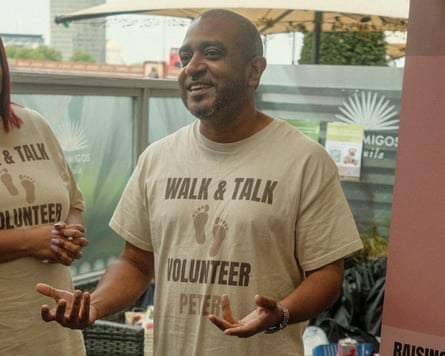
What hit home most in our conversation is that, along with the upset at the failure of health institutions and support resources, there was also a matter-of-fact acknowledgment that these services just don’t have the skills to help people who don’t fit the mainstream mould. “Cultural differences, religion, how families react to trauma are all things Black people do not have to ‘explain’ [to us],” Rachel says. “It means we are providing a space for families to be themselves.”
That need to be yourself means that Gina and Rachel’s work has extended, like a warm halo. Gina tells me her husband, Peter, started a group that supports Black men who have experienced loss and other traumas. It’s called NINE, which stands for the Nod Is Not Enough, in reference to the male tendency to simply nod instead of engage when they have a problem.
Gina’s pride in Peter overflows and she brings him into our call. “I’ve just had the phone thrown at me,” Peter says. “NINE is not only for trauma, it’s also about just being a Black man.” He wanted to “create a positive space where you know if you have a problem or a life difficulty you can reach out, and someone will help you”.
“Just be there,” Peter tells men who get in touch asking how they can help loved ones. His advice is simple: just go round. Spend the night, cook, clean, bring your own family. “When you look back,” he explains, “you realise how much that helped you, how much strength it gave you.”
What struck me as they spoke about themselves and the network of friends and family around those they support is how much love always surrounds the bereaved. People just need to understand how they can show it.

 2 months ago
56
2 months ago
56






